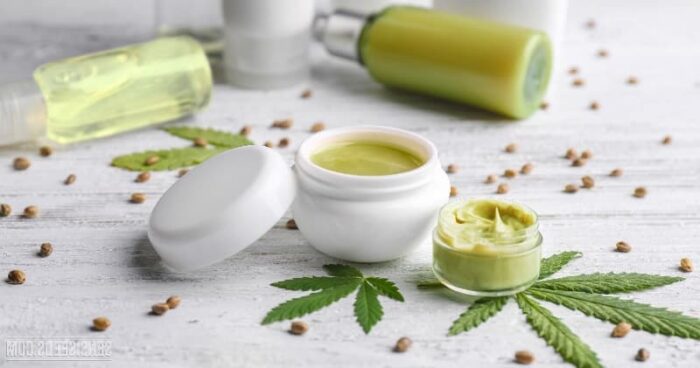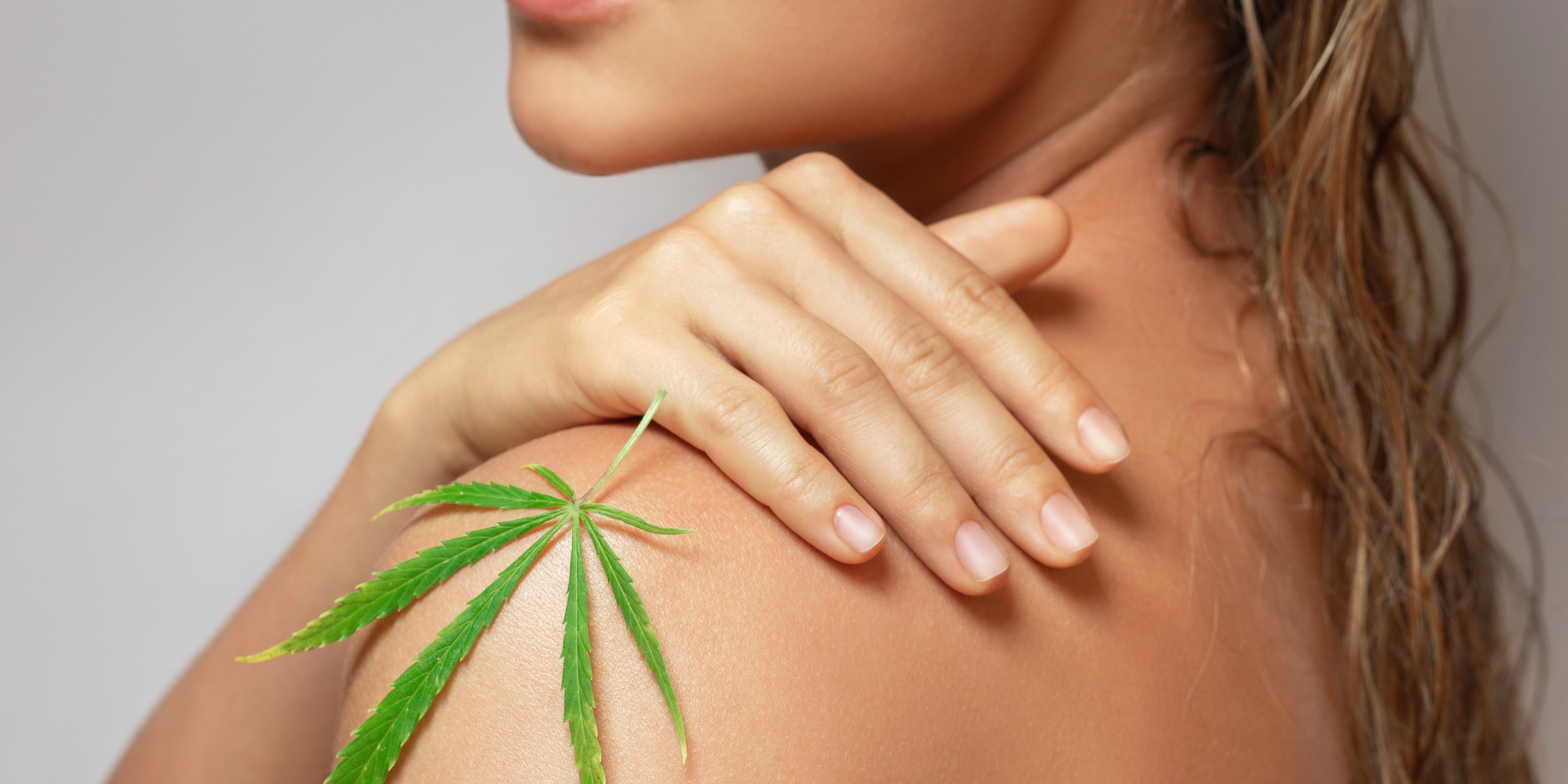Over the recent years, more and more people use CBD for its therapeutical benefits, more particularly for skin problems such as acne and psoriasis. Dermatologists ask for cautious use of CBD products as scientific data are still lacking to validate its therapeutical properties on skin conditions.
Is CBD the new treatment against acne and psoriasis?
In recent years, CBD or cannabis products have flourished all around the world. It is now possible to buy CBD in different forms such as flowers, balm, creams, gummies, or oils. CBD cosmetic products have boomed among all genders to treat skin conditions.
A recent study on 500 adults during which all were asked about their CBD consumption reported that 17.6% of them had used an over-the-counter cannabidiol product in an attempt to end problems with acne, psoriasis, rosacea, or eczema.

Extensive research is still needed
There is without a doubt a market regarding the treatment of acne. Acne is the most common skin disease in the world: about 85% of people suffer from it at some point in their lives. In more than half of the cases, the skin disease has only mild symptoms. However, 40% of those affected have symptoms so severe that they should be treated medically. Medications against acne are known to be very aggressive for the skin and most people are afraid of the consequences such drugs could have on their health, which leads them to turn to more natural products like CBD.
“People are using these products without the advice of a doctor, and even those who aren’t using them want to know more,” said Dr. Adam Friedman, head of dermatology at the George Washington School of Medicine and Health Sciences in Washington, DC (USA). To overcome the lack of knowledge, he believes that extensive scientific studies must be conducted on this subject.

The first studies carried out on animals provide some answers.
“We know that cannabinoids activate the body’s pathway which resolves inflammation. Cannabinoids set the stage to resolve inflammation and recruit the players that are essential for cleaning up the damage caused by inflammation,” summarizes Dr. Friedman. However, the doctor encourages patients not to choose any product. As of today, these creams haven’t been approved by the Food and Drug Administration in the US in comparison to allopathic treatments.
Dr. Friedman advises against using these creams in replacement of prescribed treatments for any type of skin condition. He also recommends having a look at the list of ingredients on CBD products to identify those that could cause a skin reaction. Other experts, not involved in the study, point out that there is still much to learn about the role of CBD and medical cannabis in the treatment of skin diseases.






